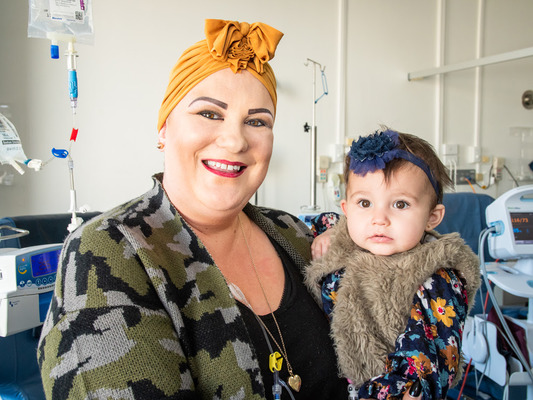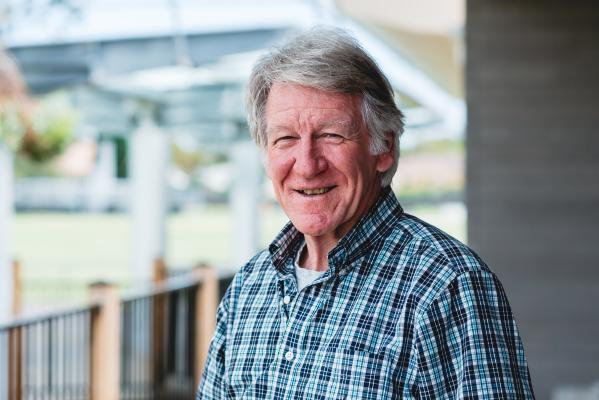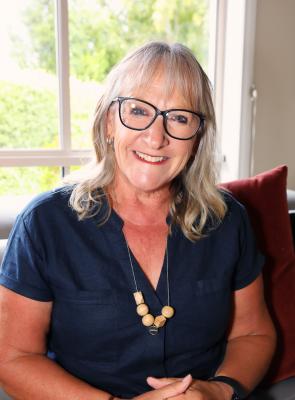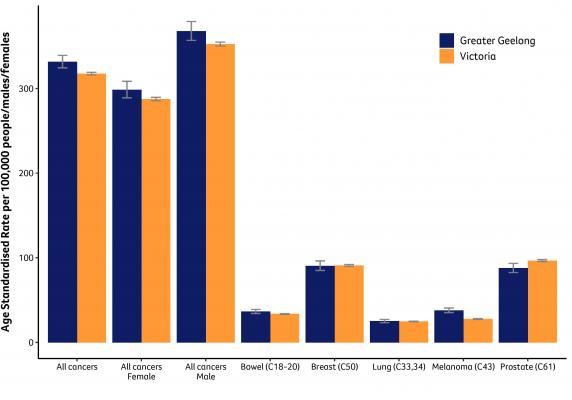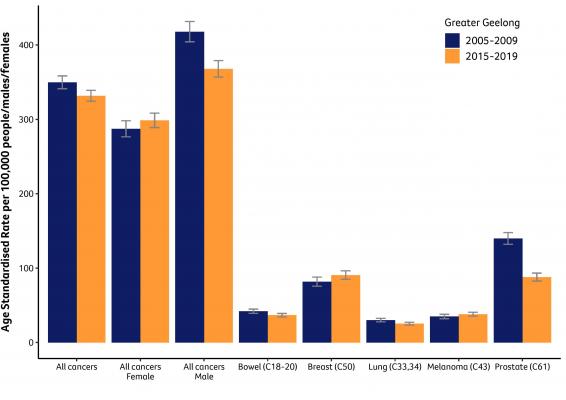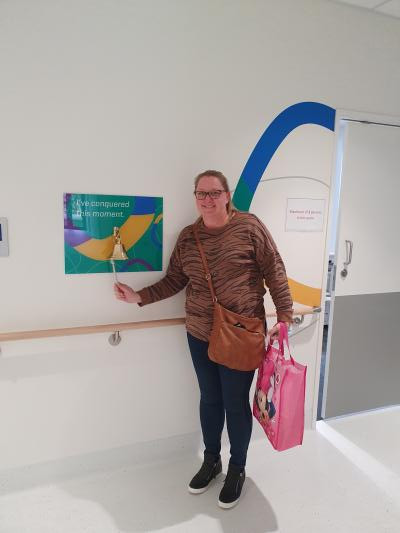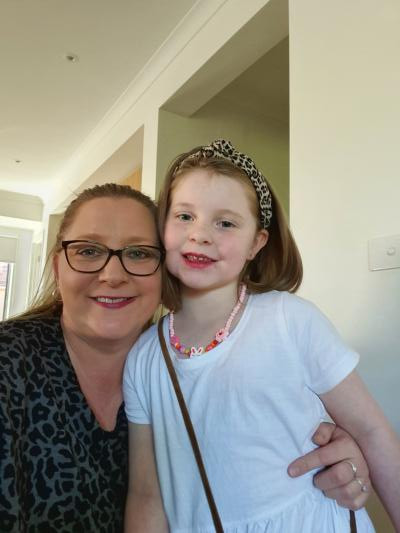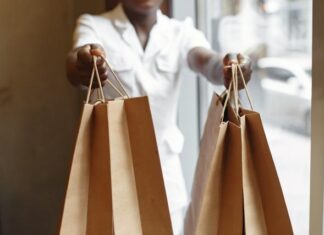Breast cancer, melanomas and cancer in women have increased in Geelong over the past decade to 2019, despite overall cancer rates falling. In recognition of World Cancer Day on Thursday, local survivors share their stories with Luke Voogt.
On average 538 greater Geelong locals lose their lives to cancer each year, with 1559 people diagnosed annually.
While that number has decreased over the past 10 years, breast cancer, melanomas and cancer among women in Geelong are on the rise.
Breast cancer diagnoses per 100,000 people have increased from 81.6 in 2005-2009 to 90.6 in 2015-2019, according to data prepared for the Independent by Cancer Council Victoria.
Norlane mother-of-three Kylie Blackney was one of 199 Geelong locals (total) diagnosed with breast cancer on average each year.
Initially, before her diagnosis in December 2017, a doctor thought a lump on her breast could be the result of blocked milk ducts, as she was pregnant at the time.
“I had my lump for probably a good six months before they took it seriously enough to get an ultrasound,” she said.
She urged local women to do self-checks and go for a check-up if they found anything suspicious, especially with recent COVID-19 lockdowns discouraging people from leaving home.
“If you feel something different get in there and get it checked. Don’t put it off!” she said.
She also encouraged them to “keep seeking answers” or further advice if they were not satisfied with their initial diagnosis.
“Don’t get brushed aside. Advocate for yourself and say, ‘no, I want an ultrasound or further testing’.”
Kylie underwent surgery, chemotherapy and radiation therapy following her diagnosis of stage-three invasive carcinoma a few months after giving birth to her third child.
She has now been cancer-free for two years, and has raised thousands dollars for Andrew Love Cancer Centre in gratitude.
“I’ll do anything I can for Andrew Love,” she said.
“My youngest was six-months-old and she had to come with me for every session.
“The nurses were amazing. They would feed lollies to her and let her play Baby Shark over the monitor.”
Melanomas are also increasing, from an average of 34.8 per 100,000 people in 2005-2009 to 37.9 in 2015-2019.
East Belmont Cricket Club stalwart Tony Wakefield considers himself lucky not to be among the 156 people diagnosed with melanoma yearly.
He was diagnosed with a more common but less aggressive form of skin cancer, basal cell carcinoma.
Like melanomas, these can still spread if not treated early. Tony’s cancer was detected early and subsequent treatment prevented it from becoming life-threatening.
He urged locals to get any suspicious spots checked and to protect themselves while working or playing in the sun.
“I’m well aware of the damage that the sun can do,” he said.
“[The increase in melanomas] is worrying, given that people should now be aware of the dangers.
”But it might be a result of something that happened 30 years ago. For me skin cancer is a consequence of playing a lot of cricket and spending a lot of time at the beach, while unprotected.”
Overall the number of women diagnosed with cancer have increased from 287.2 diagnoses per 100,000 in 2005-2009 to 298.6 in 2015-2019.
Highton grandmother Carolyn Rogers is unique among these, after being diagnosed with acute lymphoblastic leukaemia in 2007.
“That is normally what children get, but I was 47,” she said.
“I just had bruising come up on me in places and flu-like symptoms.
“But I thought I was going to die when I was diagnosed.
“I had only got married the month before and had a granddaughter in 2006. I thought, ‘I’m not going to live to see her grow up’.
“I spent 89 nights in hospital over six months – I remember that well. That was getting the chemo, losing my hair and all that.
“Luckily, that first month of chemo put me into remission and I’ve been in remission since.”
She urges cancer patients to seek help from friends, family and organisations like Cancer Council.
“When you’re diagnosed, you don’t really want to talk to anyone else,” she said.
“You sort of want to stay in your bubble and get through it. Get support.
“Cancer Council and Leukaemia Council were in contact and they gave me heaps of information and were there for transport.”
After going into remission, she and her husband bought a campervan and went on a “bucket list” trip across Australia.
She also repaid the kindness of Cancer Council by volunteering as a support worker over the phone for a couple years, helping others going through similar journeys.
She worked as a travel agent until being made redundant last year due to COVID-19 and is looking forward to retiring permanently with her husband.
“We head off campervanning next week,” she said.
Like other survivors, she urges locals to get checked if they suspect the worst.
“If your gut feeling is that something is wrong, you’re better off being safe,” she said.
Geelong has a higher rate of cancer diagnoses than the Victorian population. But as the city expands, so do the treatments available to locals.
Last year 44-year-old Mount Duneed mum Sherryn Vessey was the first person to receive a cutting edge treatment in Geelong for a small brain tumour.
Five weeks after giving birth to her second child, Sherryn began experiencing blurred vision, tiredness and headaches.
“I went through what I thought were the logical solutions, getting eye drops and medicating with Panadol.
“Then I developed big sacks under my eyes and a few days later the left side of my face dropped.
“After receiving an MRI, I got a phone call the very next day saying that they had found a meningioma and I needed to get to the hospital as soon as possible. It was a massive whirlwind.”
Specialists told her, because of the size of her brain tumour, she would receive reviews every six months to determine if treatment was required.
In March 2020, she began having intense symptoms such as hormonal issues, double vision and headaches – a sign that her cancer had grown.
As the tumour was still small, she was able to receive cutting-edge stereotactic radiation therapy treatment.
The therapy delivers high doses of radiation to small areas with precise accuracy, compared to traditional radiation therapy to the whole brain.
Previously the treatment was only available in inner Melbourne. But Icon Cancer Centre Geelong, based at Epworth in Waurn Ponds, now provides it.
“Icon is only a seven-minute drive from my house,” she said.
“The thought of having to travel to Melbourne every day during the COVID-19 lockdown was really frightening, especially with a young family at home.”
She has had 15 sessions so far with a couple more to go.
“Being empowered and understanding this advanced treatment really eased my mind and my family’s,” Sherryn said.
“My dad had radiation therapy treatment but he had lung cancer which was completely different; this was much more targeted. I can’t fault the care I received at all.”


